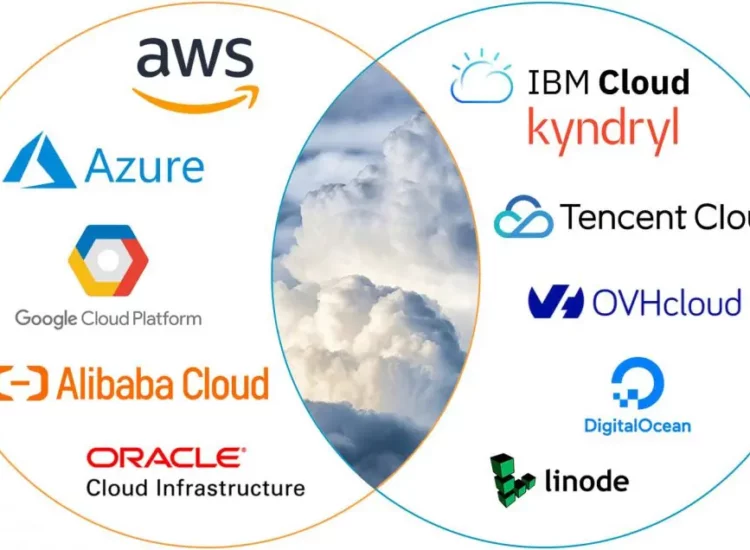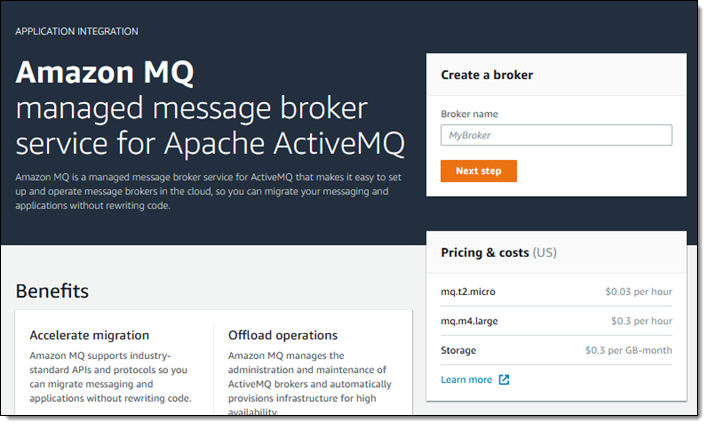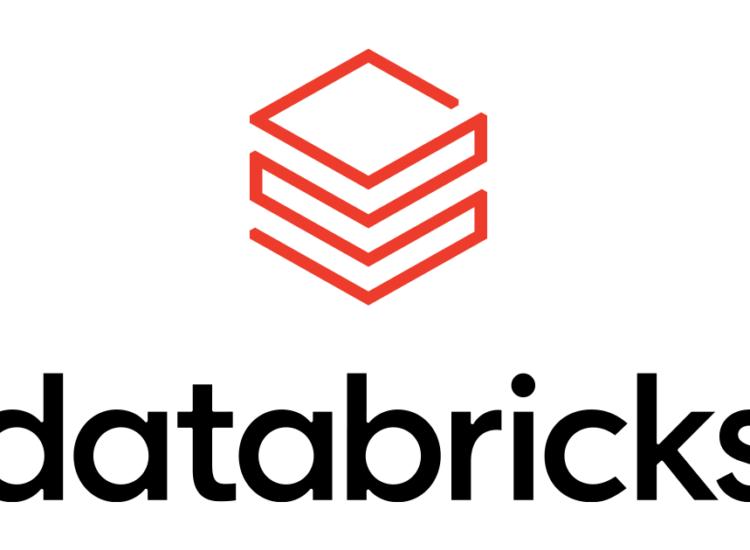In the digital age, the performance and reliability of web hosting play a pivotal role in the success of websites and online applications. Web developers, tasked with creating and maintaining robust online platforms, need hosting solutions that can keep pace with their demands for flexibility, control, and scalability. Enter the virtual private server (VPS), a hosting option that stands out for its array of benefits tailored to the needs of web developers.
Toc [Hide]
What is Virtual Private Server?
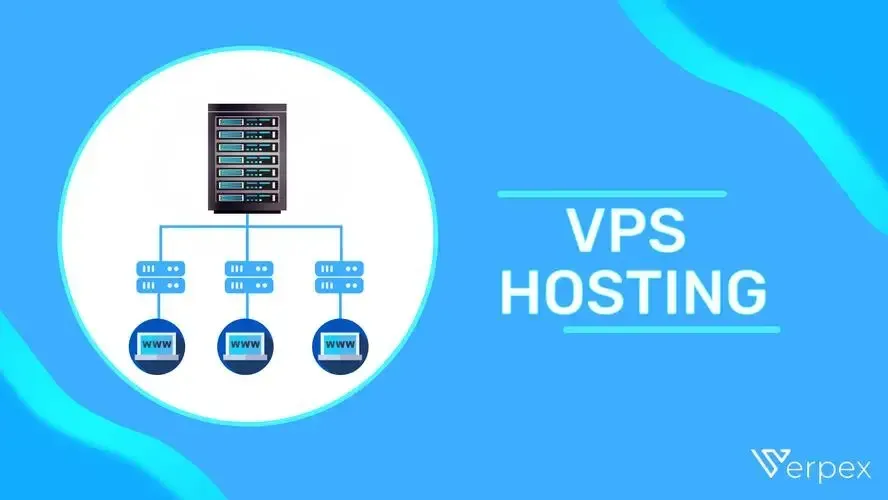
A Virtual Private Server (VPS) represents a hosting solution that allocates a dedicated segment of a physical server to users. It functions as a virtual machine (VM), equipped with its own operating system, resources, and software, thereby affording users greater control and flexibility compared to shared hosting solutions.
Functionality of VPS (Virtual Private Server) Hosting
VPS Hosting operates on a unique principle where a single physical server is meticulously partitioned into multiple isolated VPS environments. This division is achieved through advanced virtualization technology, which allows each segment to function independently as if it were a standalone server.
Each VPS within the hosting environment is allocated its own set of dedicated resources. These resources include vital computing components such as CPU (Central Processing Unit) power, RAM (Random Access Memory) for processing operations, storage capacity for data retention, and bandwidth to manage the flow of data to and from the server. This allocation ensures that users experience consistent performance without the fluctuations typically seen in shared hosting environments.
Moreover, one of the key benefits of VPS hosting is the level of control it provides to the users. They are granted root or administrative rights to their respective VPS, which empowers them to install any software that suits their requirements. This level of access also enables users to modify server configurations, optimize their server environment for specific applications, and perform a wide range of administrative tasks to maintain the efficiency and security of their server.
In summary, VPS hosting offers a balanced mix of independence, resources, and control, making it an ideal solution for websites and applications that have outgrown the limitations of shared hosting but do not yet require the full resources of a dedicated server.
Advantages of Utilizing a VPS:
- Enhanced Performance and Scalability: VPS hosting is superior to shared hosting in terms of performance and resource isolation. Resources are not shared with other users, eliminating performance degradation due to the activities of other websites. Furthermore, scaling resources such as RAM or storage can be more seamlessly achieved with VPS hosting.
- Greater Control: With root access, users can install necessary software for their websites or applications. This level of control surpasses that offered by shared hosting, where customization possibilities are more restricted.
- Security: VPS hosting provides improved security over shared hosting since each VPS operates in isolation. Consequently, a security compromise on one VPS is unlikely to impact other users on the same physical server.
- Cost Efficiency: While more affordable than dedicated server solutions, VPS hosting delivers enhanced control and flexibility than shared hosting, making it an ideal option for websites or applications experiencing growth or those with moderate resource demands.
VPS and other Server hosting?
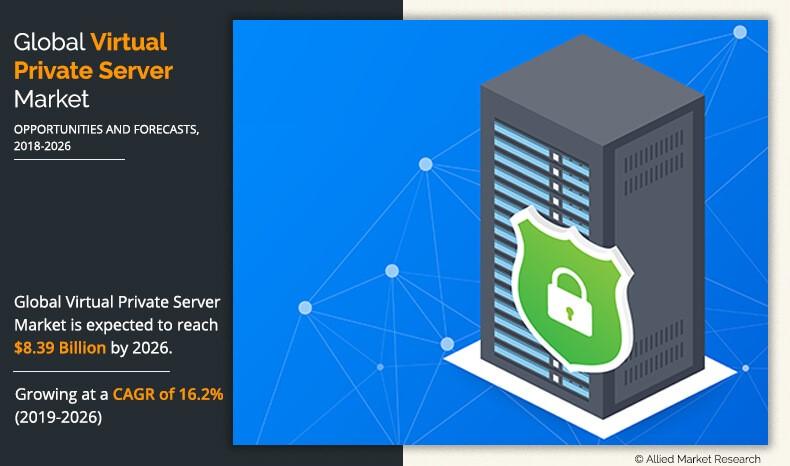
Comparing VPS hosting to other server hosting options, such as shared hosting and dedicated servers, helps in understanding its niche in the web development landscape. Shared hosting, while being the most cost-effective option, offers limited resources and less control over server environment, making it suitable for small websites with low traffic. Dedicated servers, on the other hand, provide the highest level of resources and control, but at a significantly higher cost, and may be excessive for many web projects.
VPS versus Dedicated Server Hosting
- Opting for a dedicated server means having access to the entirety of a physical server for your exclusive use. While it delivers the pinnacle of control, performance, and security, it is also the most expensive option and necessitates considerable technical knowledge for management.
- VPS hosting serves as a more economical alternative to dedicated server hosting, providing satisfactory performance and control for users who do not need the extensive resources of a dedicated server.
Comparison between VPS and Shared Hosting
- Shared hosting stands as a fundamental, affordable option, perfectly suited for small-scale websites or blogs that attract minimal traffic. Opting for this hosting solution means your website will share resources such as disk space, RAM, and CPU power with other users hosted on the same server. This communal approach to hosting can be highly cost-effective, but it may also mean that your site’s performance could be influenced by the traffic and resource usage of other websites on the same server.
- On the other hand, VPS (Virtual Private Server) hosting provides each user with a dedicated portion of the server’s resources, including memory, storage, and processing power. This allocation ensures enhanced performance and more substantial control over the server environment compared to shared hosting. VPS hosting is particularly beneficial for websites that are outgrowing the limitations of shared hosting, applications that require specific software configurations, or any online platform that demands higher security features. By simulating a dedicated server environment within a shared physical server, VPS hosting strikes a balance between cost-effectiveness and the scalability necessary for growing online presences.
Details of Advantages of VPS

The advantages of VPS extend beyond basic hosting needs, providing a conducive environment for developers, e-commerce sites, and large-scale enterprises requiring stable performance and the ability to handle sudden traffic spikes. Unlike shared hosting, where traffic surges on one website can impact the performance of neighboring sites on the server, a VPS environment ensures that the resources allocated to your project remain unaffected by others’ usage. This reliability is crucial for businesses where uptime and swift page loading are essential for user satisfaction and SEO ranking.
Enhanced Performance and Reliability
One of the primary advantages of opting for a virtual private server is the significant boost in performance and reliability it offers over shared hosting. With a VPS, developers get a dedicated portion of a server’s resources, including CPU time, memory, and storage space. This dedicated environment means that a VPS does not suffer from the “noisy neighbor” effect—a common issue in shared hosting where a site’s performance can be impacted by the activities of other sites on the same server.
For web developers, this translates to faster load times and smoother operation for their websites or applications, leading to a better user experience and potentially higher rankings on search engine results pages.
Greater Control Over Server Settings
Customization is king for many web developers. A virtual private server offers greater control over server settings and configurations—a stark contrast to the limitations often encountered with shared hosting. Whether it’s installing specific software, adjusting server settings, or tweaking performance parameters, a VPS provides root access, allowing developers to configure their server environment exactly how they need it.
This level of control is especially beneficial for hosting web applications or sites that require particular server-side technologies that might not be supported or available on shared hosting platforms.
Scalability to Accommodate Growing Needs
Websites and applications grow, and with that growth comes increased traffic and resource demands. A virtual private server offers scalability options that make it simpler to adjust resource allocations as needs change. Unlike shared hosting, where scaling up often means migrating to a different service tier or provider, a VPS can be scaled without major disruptions or migrations.
This scalability ensures that web developers can start with a more modest setup and expand their server resources as their projects grow, avoiding unnecessary upfront costs while still catering to increased demands.
Improved Security Features
Security is a top priority for web developers, given the increasing sophistication of cyber threats. Virtual private servers offer improved security features compared to shared hosting. With a VPS, developers have the ability to implement custom firewalls, set more stringent access controls, and perform security scans with tools of their choice—actions that can significantly reduce vulnerability to breaches and attacks.
Additionally, because a VPS is isolated from other server users, there’s a lower risk of being affected by malware or other security issues originating from other users’ websites.
Ideal Hosting Solution for Multiple Projects
For web developers managing multiple websites or applications, a virtual private server is an ideal hosting solution. Its flexibility, control, and resource allocation make it easier to host several projects on a single VPS, each configured to its own requirements. This consolidation not only simplifies management tasks but can also lead to cost savings compared to hosting each project on a separate shared hosting plan. Additionally, VPS hosting can accommodate different types of projects, ranging from websites and web applications to game servers and virtual private networks (VPNs).
Considerations for VPS Hosting

- Management Responsibilities: With root access, there is a significant responsibility to manage your server environment. This includes ensuring security updates, software installations, and resolving technical issues are promptly addressed. If server administration is outside your expertise, exploring managed VPS hosting options may be advisable, where these tasks are managed by the provider.
- Technical Expertise: While VPS hosting is designed to be user-friendly, it demands a certain level of technical proficiency for effective management. A foundational understanding of server administration is beneficial, or the engagement of a system administrator may be necessary for more intricate configurations.
- Selecting an Appropriate VPS Provider: VPS providers vary in the resources they offer, pricing models, and management capabilities. It is crucial to assess your specific needs and select a provider that furnishes the appropriate resources, control panel features, and support services to meet your requirements.
Exploring VPS Pricing Models
When selecting a Virtual Private Server (VPS) hosting service, understanding the various pricing models is crucial to making an informed decision that aligns with your budget and resource requirements. VPS hosting providers typically offer a range of pricing models, each with its advantages and considerations.
- Fixed Pricing: A common approach is fixed pricing, where the provider offers predefined resource packages at set rates. This model is straightforward and makes it easier to predict monthly costs. However, it may result in paying for unused resources if your project does not utilize the full allocation.
- Pay-As-You-Go: This model allows you to pay only for the resources you consume, which can be advantageous for projects with variable resource demands. It offers flexibility and can be more cost-effective but requires careful monitoring to avoid unexpected high charges due to usage spikes.
- Scalable Packages: Some providers offer scalable VPS solutions where you can start with a basic package and scale up resources as needed. This can be beneficial for growing projects, ensuring you only pay for what you need at each stage of growth.
- Customized Solutions: For enterprises or specific project needs, providers may offer the option to customize your VPS hosting package. While this can ensure you get exactly what your project requires, it often comes at a premium price compared to standard packages.
Each pricing model has its unique benefits and challenges, and the best choice depends on your project’s specific needs, budget constraints, and growth expectations. Carefully assessing each model against your requirements will help you select the most cost-efficient and effective VPS hosting solution.
In Conclusion
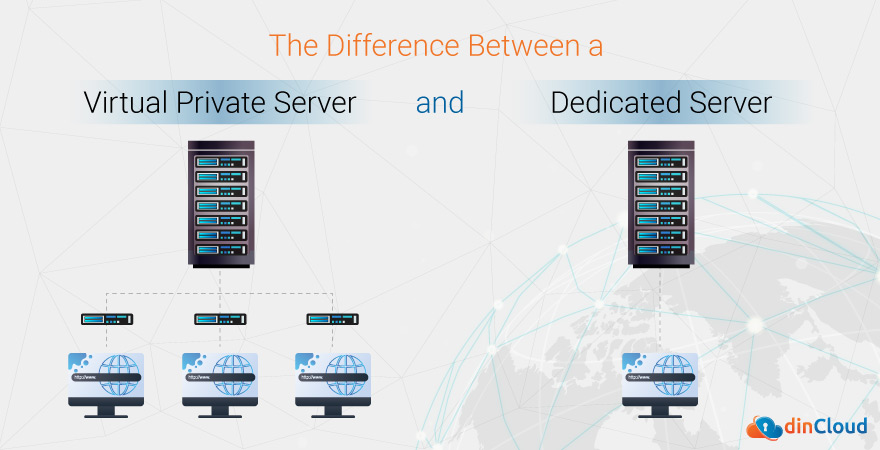
A Virtual Private Server (VPS) stands out as a powerful and versatile hosting solution, especially for websites and applications that have surpassed the capabilities of shared hosting. Unlike shared hosting, where resources are distributed among multiple users, a VPS provides dedicated resources, ensuring better performance and reliability. This makes it an ideal choice for businesses and developers seeking more control and scalability without incurring the high costs associated with a dedicated server.
By carefully considering the benefits, such as enhanced security, improved performance, and greater flexibility, alongside potential considerations like the need for technical knowledge to manage the server, you can make an informed decision. Additionally, understanding how a VPS compares to other hosting options, including shared hosting and dedicated servers, in terms of cost, resource allocation, and customization opportunities, will help you determine if a VPS is the right hosting solution to meet your specific needs.
Ultimately, if your website or application is experiencing growth and requires more resources than what shared hosting can offer, but you’re not ready to bear the expense of a dedicated server, a VPS could be the perfect middle ground, providing you with the right balance of performance, security, and cost-efficiency.

